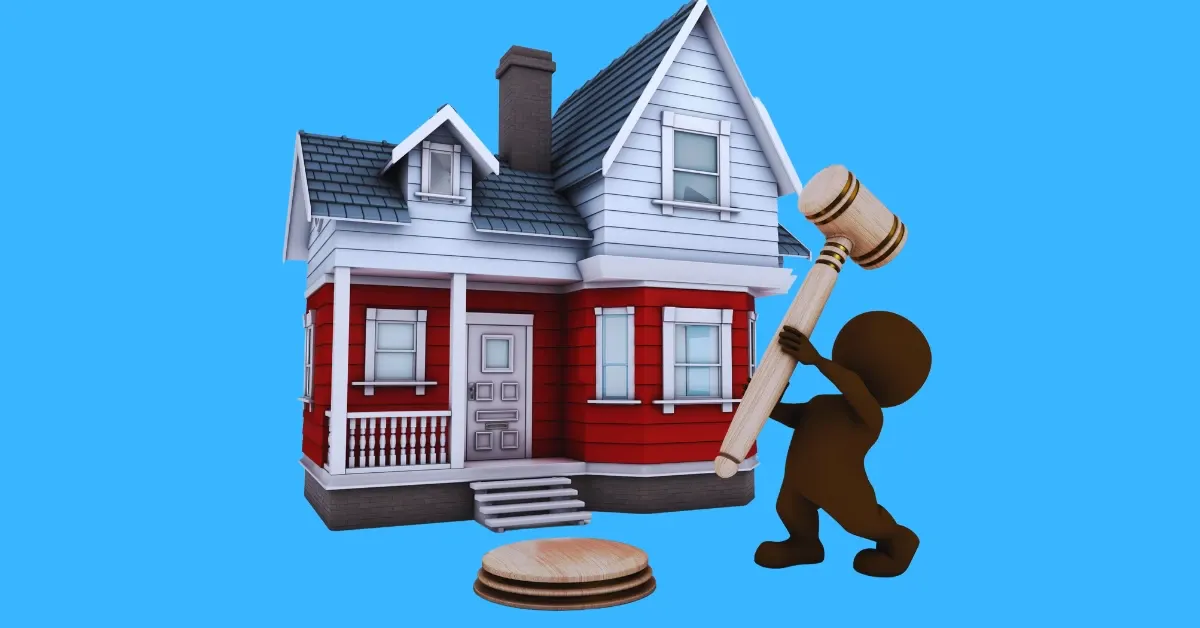Is a Landlord Considered a Vendor? – Rental Awareness
In the context of rental properties, a landlord is not typically considered a vendor. A vendor provides goods or services for a fee, while a landlord owns and rents out property. However, for accounting or business purposes, landlords may be categorized as vendors when they receive payments, such as for maintenance or repair services they provide directly.
In this context, a landlord is akin to a service provider, offering a place to live to tenants in exchange for compensation. As such, landlords may be subject to the same laws and regulations governing vendors, such as those related to tenant rights.
Therefore, understanding the role and responsibilities of landlords as vendors can be crucial for both tenants and landlords alike.

The Legal Definition Of A Vendor
As a property owner, you may have come across the term ‘vendor’ and wondered if it applies to you as a landlord.

Let’s explore the legal definition of a vendor, their obligations, and examples of vendors based on the legal definition.
Defining The Term Vendor
A vendor is a person or business that sells goods or services to customers. In the property industry, a vendor refers to a property owner who sells their property to a buyer.
The Legal Obligations Of A Vendor
As a vendor, you must comply with legal obligations before, during, and after the sale of your property.
These obligations could vary based on your location, but generally include the following:
- Ensure that the property is legally available for sale.
- Provide accurate and honest information about the property’s condition.
- Obtain relevant certificates and approvals needed to sell the property.
- Disclose any known defects or issues with the property.
- Prepare and sign legal documents, including the contract of sale.
Examples Of Vendors Based On The Legal Definition
It’s not only property owners who are considered vendors. Here are some examples of vendors based on the legal definition:
- A real estate agent selling a property on behalf of the property owner.
- A property developer selling properties they have constructed.
- A mortgage broker selling home loans to customers.
As a landlord, you may not be considered a vendor unless you decide to sell your property.
However, it’s crucial to understand the legal definition of a vendor and its obligations if you plan to sell your property in the future.
The Legal Obligations Of A Landlord

Defining The Term Landlord
Before delving into the legal obligations of a landlord, it’s crucial to define who a landlord is.
Essentially, a landlord is a person who owns the property and leases it to tenants in exchange for rent.
The landlord may be an individual or a company, and the property may include residential or commercial real estate.
As a landlord, there are several legal obligations that you must fulfil to maintain a safe and secure living environment for your tenants. Some of these obligations include:
Maintaining the property
The landlord is responsible for ensuring that the property is in a habitable condition, including fixing any damages, ensuring proper lighting, ventilation, and sanitation, and providing adequate locks and security devices.
Providing essential services
The landlord must also provide essential services like heating, cooling, electricity, and plumbing. In some states, landlords must provide smoke and carbon monoxide detectors, too.
Returning security deposits
When tenants move out, the landlord must return their security deposit, minus any deductions for damages beyond normal wear and tear.
Following fair housing laws
Landlords must follow fair housing laws that prohibit discrimination based on race, religion, sex, national origin, age, disability, or familial status.
The Differences Between A Landlord And A Vendor
While both a landlord and a vendor sell or provide goods or services, there are distinct differences between the two. Consider the following:
Nature of the transaction
A landlord typically provides the tenant with a lease agreement, which is a contractual agreement that allows the tenant to occupy the property.
A vendor, on the other hand, provides goods or services in exchange for payment.
Ongoing relationship
The relationship between a landlord and tenant is continuous and ongoing, while the relationship between a vendor and customer is usually one-time or occasional.
The Similarities Between A Landlord And A Vendor
There are also some similarities between a landlord and a vendor, such as:
- Contracts: Both a landlord and a vendor often rely on contracts to outline the terms and conditions of their agreement.
- Responsibilities: Both a landlord and a vendor have a legal responsibility to provide a safe and secure environment and fulfil their contractual obligations.
As a landlord, it’s critical to understand your legal obligations to ensure that you’re providing your tenants with a safe and habitable living environment.
By following the law and fulfilling your obligations, you can create a positive and beneficial relationship with your tenants that can last for years to come.
Frequently Asked Questions Of Is A Landlord Considered A Vendor
Is A Landlord Considered A Vendor?
Yes, a landlord is considered a vendor. They provide a service by renting out their property.
What Is The Difference Between A Landlord And A Vendor?
The main difference is that a landlord rents out property, while a vendor sells goods or services.
What Responsibilities Do Landlords Have As Vendors?
Landlords have a legal obligation to ensure that their property is safe, clean, and habitable for their tenants.
Do Landlords Need To Register As Vendors?
It depends on the location and local laws. In some areas, landlords need to register as vendors and collect sales tax on rent.
Conclusion
Knowing whether a landlord is a vendor puts you in command of your real estate vocabulary. Yes, when a landlord sells their property, they step into the role of a vendor.
But remember, this term isn’t universal. Make sure you understand the context to communicate effectively!
Reference
https://generalassist.douglascounty-ne.gov/landlord-vendor-certification-program